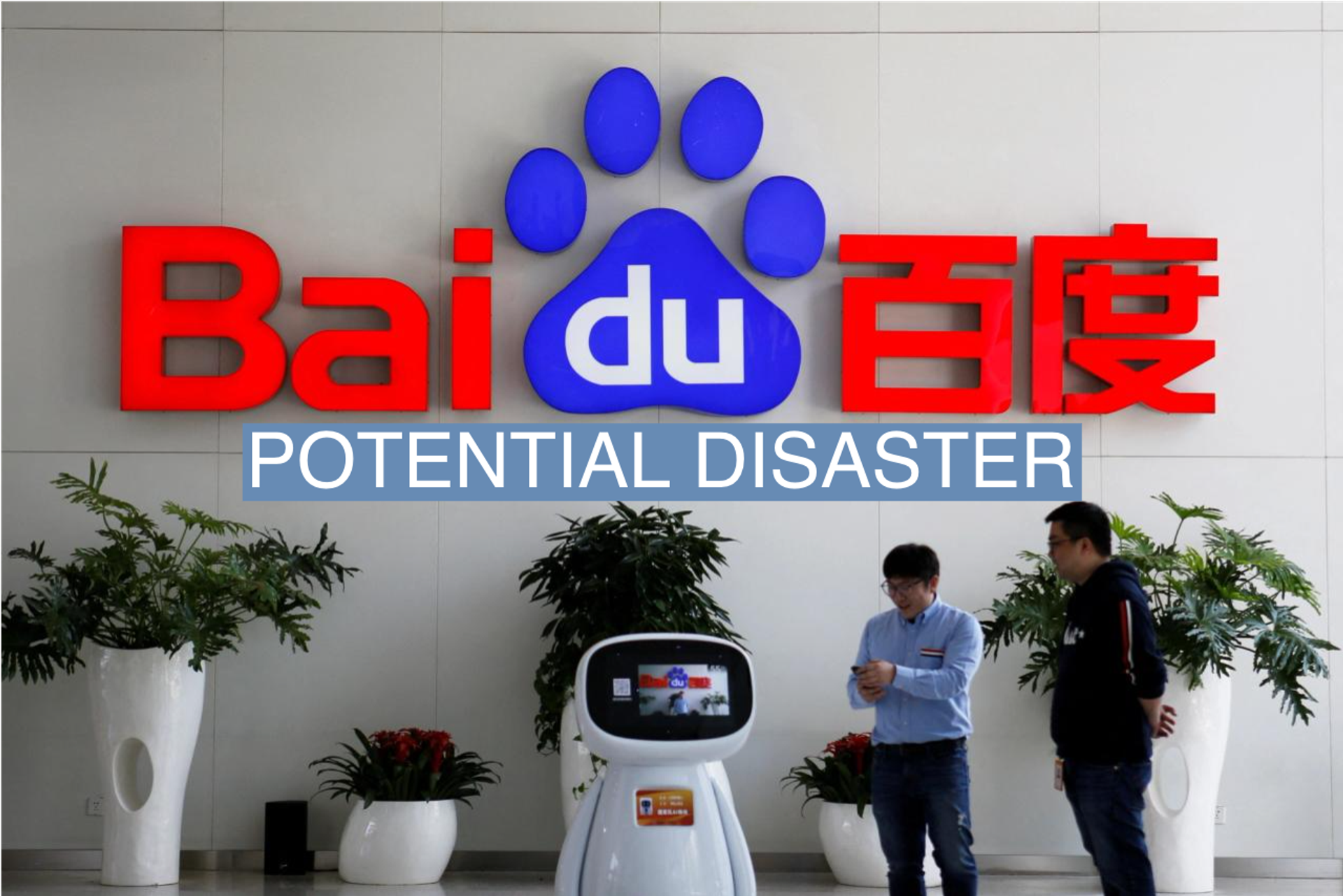The News
As China expands its artificial intelligence development, some experts are raising the alarm over the potential of an AI-related catastrophe.
Know More
China has pushed forward with state-sponsored AI research and development, announcing in March that it would fund emerging technologies in the tech race against the United States.
The country has also suggested it could be the global leader in the field by 2030, the South China Morning Post reported.
With Beijing plowing forward with the development of AI, some experts fear that the country, which has a poor track record for industrial disasters, may not be adequately prepared for AI’s capabilities.
Here’s what three China watchers and industry experts had to say.
Angela Huyue Zhang, University of Hong Kong
Zhang, an associate professor of law at the University of Hong Kong, wrote in Nikkei last month that the Chinese government was not just a regulator of AI, but also “an advocate, sponsor and investor.”
The country announced in April that it would strictly regulate generative AI, and that tech produced by major companies like Baidu must adhere to Communist Party values.
But Beijing would likely keep policies surrounding AI development “soft and vague” to spur on industry development, especially given how much capital the government has directed to its research, Zhang wrote.
Bill Drexel and Hannah Kelley, AI and technology experts
Polling shows that China is among the most optimistic countries in the world about the possibilities AI offers, Bill Drexel, an AI researcher, and Hannah Kelley, a research assistant at the Center for a New American Security, wrote in Foreign Affairs.
But the country risked a major AI-related disaster because of Beijing’s “lax approach toward technological hazards and its chronic mismanagement of crises.” Government suppression of disasters led to “disaster amnesia,” they said, meaning the public is often uninformed about risk and unlikely to advocate for regulation.
Autocratic states often struggle when faced with emergencies, Drexel and Kelley argued, and “history suggests that if one occurred, Beijing’s response would be calamitous.”
Zeyi Yang, MIT Technology Review
While Beijing has unveiled its framework of rules surrounding generative AI, it’s possible those rules will end up being too lax to offer much help, Zeyi Yang, a China reporter for MIT Technology Review, wrote this week.
The penalty for breaking the rules amounts to 100,000 yuan — about $15,000. That offers a near-tacit approval for companies looking to research AI to possibly break the rules, since the fines are a drop in the bucket for giant firms like Alibaba or Baidu.
“If a company is fined each time its AI model violates the rules, the amounts can pile up,” Yang wrote. “But the size of the fine suggests that the rules are not made to scare the companies away from investing in AI.”
